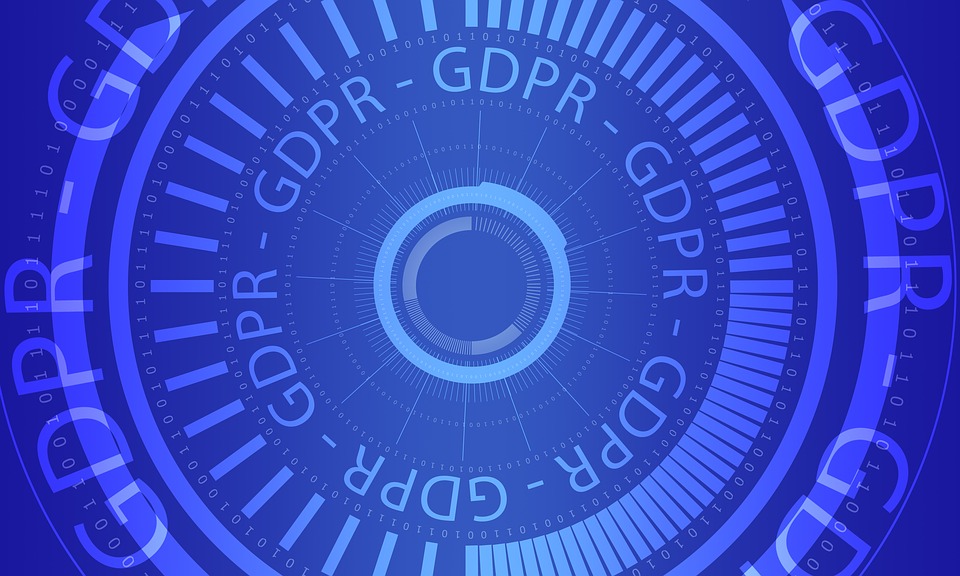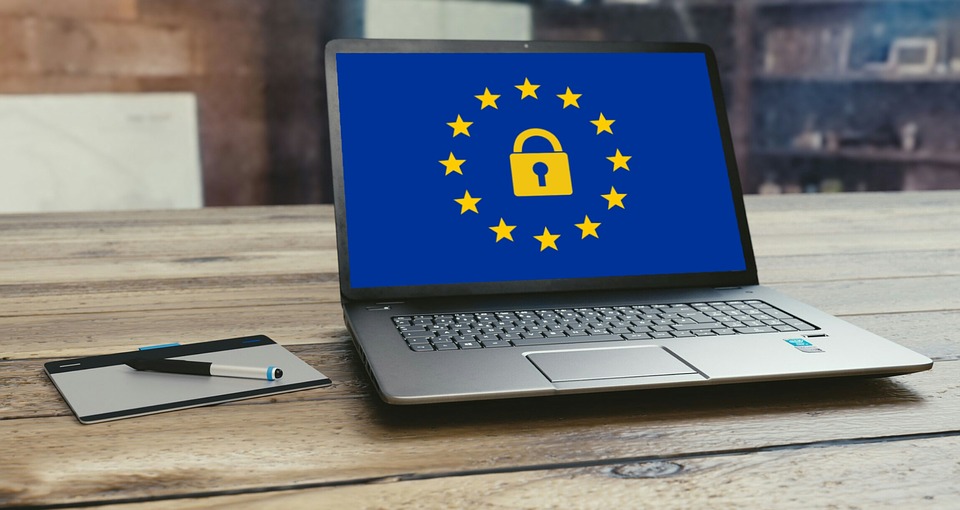
The State of the Art and the Future of GDPR Compliance Software
The General Data Protection Regulation (GDPR) is an EU regulation that became effective on the 25th of May 2018. It imposes a number of obligations on individuals and entities collecting personal data of EU residents, including, but not limited to, (i) implementing appropriate technical and organizational measures to ensure the security of the collected personal data, (ii) processing...
Understanding Privacy Risks and Benefits of Skype Communication
Although Skype is considered by many to be a secure and privacy-oriented Voice over Internet Protocol (VoIP) messenger, privacy activists often warn about the threats to privacy posed by it.
If you don’t already know, Skype allows us to take part in verbal conversations over the Internet. In 2018, it had about 300 million monthly active users, so needless to say it’s still widely...

FinCEN BEC attacks report: Analysis
The Financial Crimes Enforcement Network (FinCEN) is a U.S. government institution responsible for collecting and analyzing financial information with the aim of combating financial crimes. In 2016, FinCEN issued an advisory to financial institutions on business email compromise (BEC) fraud. On the 16th of July 2019, FinCEN updated the 2016 advisory.
In this article, we’ll examine the five...

Can We Expect a U.S. Federal Consumer Privacy Law?
The EU General Data Protection Regulation (GDPR) came into effect on the 25th of May 2018. Shortly afterwards, the EU data protection authorities received more than 95,000 complaints from citizens. EU consumers became more willing to transact with EU businesses because they have the legal means to enforce their privacy rights. Thus, the enhanced privacy protection provided by the GDPR benefits...

How to ensure Windows Server is GDPR-compliant
The General Data Protection Regulation (GDPR), an EU law regulating the processing of personal data, came into force on May 25th, 2018. Organizations who breach the GDPR may be subject to fines of up to 20 million euros or 4% of their annual global revenue turnover. Taking into account the importance of the GDPR and the severe sanctions, Microsoft has put forth new efforts to ensure compliance...

5 Common Myths About the GDPR
The EU General Data Protection Regulation (GDPR) entered into force on the 25th of May 2018. Since that time, companies have spent billions of dollars to ensure compliance with the new law. Just the top 500 U.S. companies spent about $7.8 billion to comply with the strict requirements of the GDPR. Despite the extensive media coverage of the GDPR, many myths still surround this rather new EU...

What do Linux system administrators need to know about the GDPR?
The General Data Protection Regulation (GDPR) is a European Union law that applies not only to EU companies, but also to all companies collecting and processing the personal data of EU residents. The sanctions for breaching the GDPR are enormous (up to $24 million or 4% of the annual global turnover, whichever is greater). It is not a coincidence that the U.S. top 500 companies are expected to...

Is Kleros a Fair Dispute Resolution System?
Kleros’ approach to arbitration is radically different to traditional court systems and alternative dispute resolution methods. Relying on cryptoeconomics, it provides crowdsourced jurors the incentive to arbitrate on various types of disputes.
The goal is to bring fast, affordable and secure resolution to a number of disputes native of the Internet Age.
Kleros promises to transform the...

GDPR Trolls
Patent trolls are not a new phenomenon. They buy patents for the sole purpose of extorting and suing companies. Since patent-related litigation proceedings are complex and time-consuming, the fees for defending a patent claim in court proceedings may exceed one million U.S. dollars. Therefore, many legitimate companies (especially startups) prefer to pay the requested settlement fees instead...
Consequences of the Late Announcement of Cyber-security Incidents
Cyber-security attacks that are becoming more and more common among various types and sizes of organizations may have serious effects on electronic communication networks, provision of services, and national security. Although significant breaches that affect many users or extensively disrupt the functioning of an organization usually receive extensive media coverage, smaller security...


